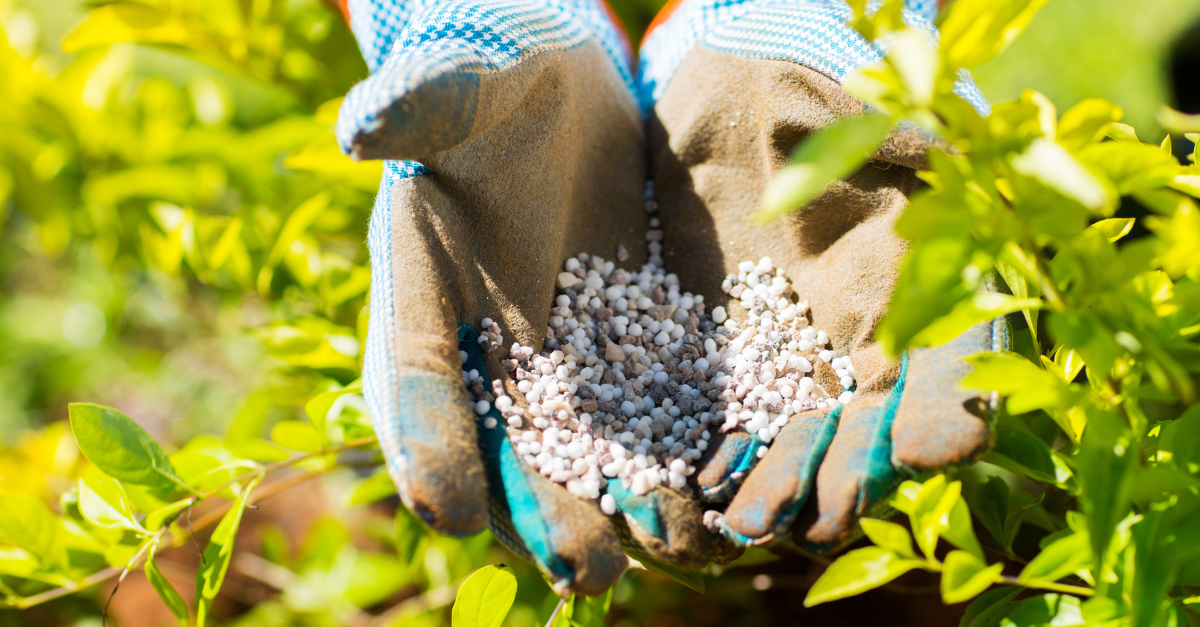
Despite the conflict, Brazil continues to receive Russian fertilizers
Apr, 18, 2022 Posted by Gabriel MalheirosWeek 202217
Even after almost 50 days of the war in Ukraine, which disrupted the transit of Russian fertilizers to Brazil continues, the flow of the product continues. According to a StoneX study, 600,000 tonnes of Russian fertilizer – 50% of which was potash – were on their way to Brazilian ports as of April 4. The consultant created the study based on conversations with maritime organizations about vessel scheduling.
This volume is still significant, although it is less than a few days before. On March 18, the ships’ calling schedule showed 860,000 tonnes of fertilizers coming from Russia, a reduction that indicates interruptions in the transportation flow.
“If vessels on the Russian end had been loaded normally, the volume would, at last, be kept the same, but actually retreated,” comments Marcelo Mello, director of fertilizers at StoneX. The consultancy will conduct a new study at the end of this month.
The economic sanctions the West imposed on Russia after the country invaded Ukraine in February do not ban the import of Russian fertilizer. Still, the conflict is causing headaches on at least two fronts, payments, and logistics. Russia is one of the largest global fertilizer suppliers.
See below a chart that compares Brazilian imports of Russian fertilizers year-on-year imports. The period covered is from January 2020 to February 2022. The data are from the DataLiner.
Imports of Russian fertilizers from Brazil | Jan 2019 – Feb 2022| WTMT
Source: DataLiner (click here to request a demo)
Between March 20 and April 13, six vessels loaded with fertilizers docked at the Port of Santos (SP). The Paranaguá terminal, the port that received the most fertilizers in the country, received another fours vessels in the period, totaling over 100 thousand tonnes of nutrients from Russia, including potash, urea, and MAP.
Thanks to the war, the flow of maritime transportation is under the watch of agents who expected the mid-year logistical entanglement, common at that time of the year, to worsen in 2022. However, the problem will not be only punctual this time, believes Mello.
Attention is now turned to shipments in March and April when Brazil intensifies imports to meet the demand for planting the summer crop (2022/23), which begins in September. Despite the challenging scenario in 2022, Mello says that the problem will not derail the next harvest – which, if the weather helps, should be “big”. “But it is difficult for the planted area to increase in the next cycle”, he says.
Russia supplied 22% of the 39 million tonnes of fertilizers that Brazil imported last year, in a list that has urea (nitrogenated), MAP (phosphate), ammonium and potassium nitrate. For the latter two, StoneX projects shortages in 2022.
Ammonium nitrate can be substituted for urea, but farmers have no other option for potash. “The situation can be neutralized if the use of fertilisers during plant is rational,” assesses Mello. The consultancy believes that the supply of potash will be between 25% and 30% below demand.
Source: Valor Econômico
To read the full original article, please go to: https://valor.globo.com/agronegocios/noticia/2022/04/18/brasil-continua-a-receber-adubo-russo-apesar-da-guerra.ghtml
-
Shipping
Jul, 18, 2019
0
Bolivia to move 2m tons via Paraguay-Paraná waterway
-
Shipping
Sep, 11, 2019
0
The opening of cabotage for foreign companies divides ministries
-
Shipping
Jul, 15, 2019
0
Cosco Bolivia complains about intermediation of Bolivian entity in the Port of Ilo
-
Ports and Terminals
Dec, 27, 2019
0
TecPlata authorized to operate ships up to 337 meters long


